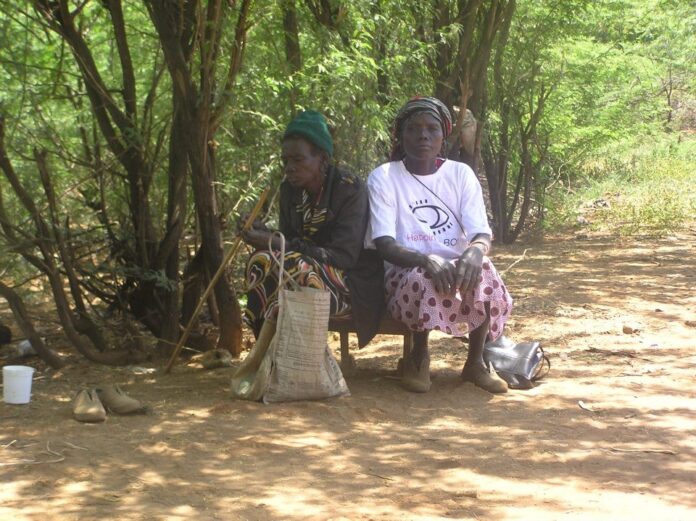|
Getting your Trinity Audio player ready...
|
By Alex Odongo
A new global report analyzing sex discrimination in laws reveals that while some commendable gains have been achieved in strengthening legal protections for women and girls over the past five years, progress remains slow and uneven. Hence, increasingly under threat from a growing backlash against women’s rights.
The report launched early this week in the United States of America by Equality Now, a non-governmental organization, has revealed how women and girls continue to experience systemic and intersecting discrimination in laws, policies, and cultural practices, exposing them to multiple forms of harm, sometimes with little or no legal protection.
The report further exposed some countries where women’s legal rights have deteriorated significantly, with hard-won protections weakened or overturned through regressive legislative changes, judicial rulings, and withdrawal of funding.
According to the report titled; Words & Deeds: Holding Governments Accountable In The Beijing+30 Review Process, three decades down the line, women and girls continue to face discrimination in the law, with not a single country achieving full legal equality hence obstructing progress on the 2030 Agenda for Sustainable Development, especially Sustainable Development Goal 5 on gender equality.
For example, in Afghanistan, draconian restrictions have comprehensively banned women and girls from participating in public life, education, work, and leisure. The situation is also dire in Iran, where women have experienced sustained crackdowns, and those opposing sex-discriminatory laws have been subjected to arrest, detention, torture, and death.
In Argentina, there have been severe budget cuts to policies to address gender-based violence, and the Ministry of Women has been abolished, significantly hindering the State’s capacity to safeguard women. Marital rape is allowed in The Bahamas and India, while in Kuwait and Libya, a rapist can escape punishment by marrying his victim.

Countries such as Sudan and Yemen grant male family members wide-ranging authority over female relatives and legally require wives to be obedient. In Saudi Arabia, women must obey their husbands in a ‘reasonable manner,’ and husbands have a ‘marital right to sexual intercourse.’ If a wife refuses to have sex or travel with her husband without a ‘legitimate excuse,’ this “disobedience” can result in her losing her right to spousal financial support.
In the U.S., the Supreme Court ruled in 2022 that the U.S. Constitution does not provide the right to abortion. By January 2025, abortion was criminalized in 14 states, and there are efforts to ban travel to other states to access abortion services.
Various countries have laws curtailing wives’ access to bank accounts, loans, and even the ability to benefit from their own labor in family businesses. For example, a husband in Cameroon controls the administration of all his wife’s personal property and can sell, dispose of, and mortgage their common property without a wife’s cooperation. Wives in Chile face similar discrimination.
Poverty exacerbated by the climate crisis and forced migration is putting girls at greater risk of child marriage. Parents view it as a coping mechanism to alleviate financial strain and ‘shield daughters from sexual violence’ despite child marriage facilitating non-consensual sex with a minor. For instance, Ethiopia suffered a severe drought in 2022, and in one year, saw child marriage rates double.
The World Bank reports that 139 countries still lack adequate legislation prohibiting child marriage. On a positive note, Colombia, Cuba, the Dominican Republic, Sierra Leone, and Zambia have all recently introduced laws banning child marriage under 18, without exception.
The report co-author Antonia Kirkland explains, “Women and girls deserve full protection of their civil, political, economic, social, and cultural rights under the Beijing Platform and other international human rights commitments that requires repealing all sex-discriminatory legislation, enshrining gender equality in constitutions, and introducing and enforcing laws that fully protect the rights of women and girls in all their diversity.”
Globally, sex-discriminatory laws and policies are constraining women’s full economic and social participation, trapping millions in poverty and dependency and increasing their vulnerability to mistreatment.
In many countries, women are denied equal access to employment, fair wages, property ownership, household income, and inheritance. This contributes to women’s overrepresentation in insecure, low-wage jobs and their shouldering the bulk of paid and unpaid care work.
Alex Musikoyo Odongo is a freelance journalist, Media trainer, and Human rights activist.
alexodongo10@gmail.com














